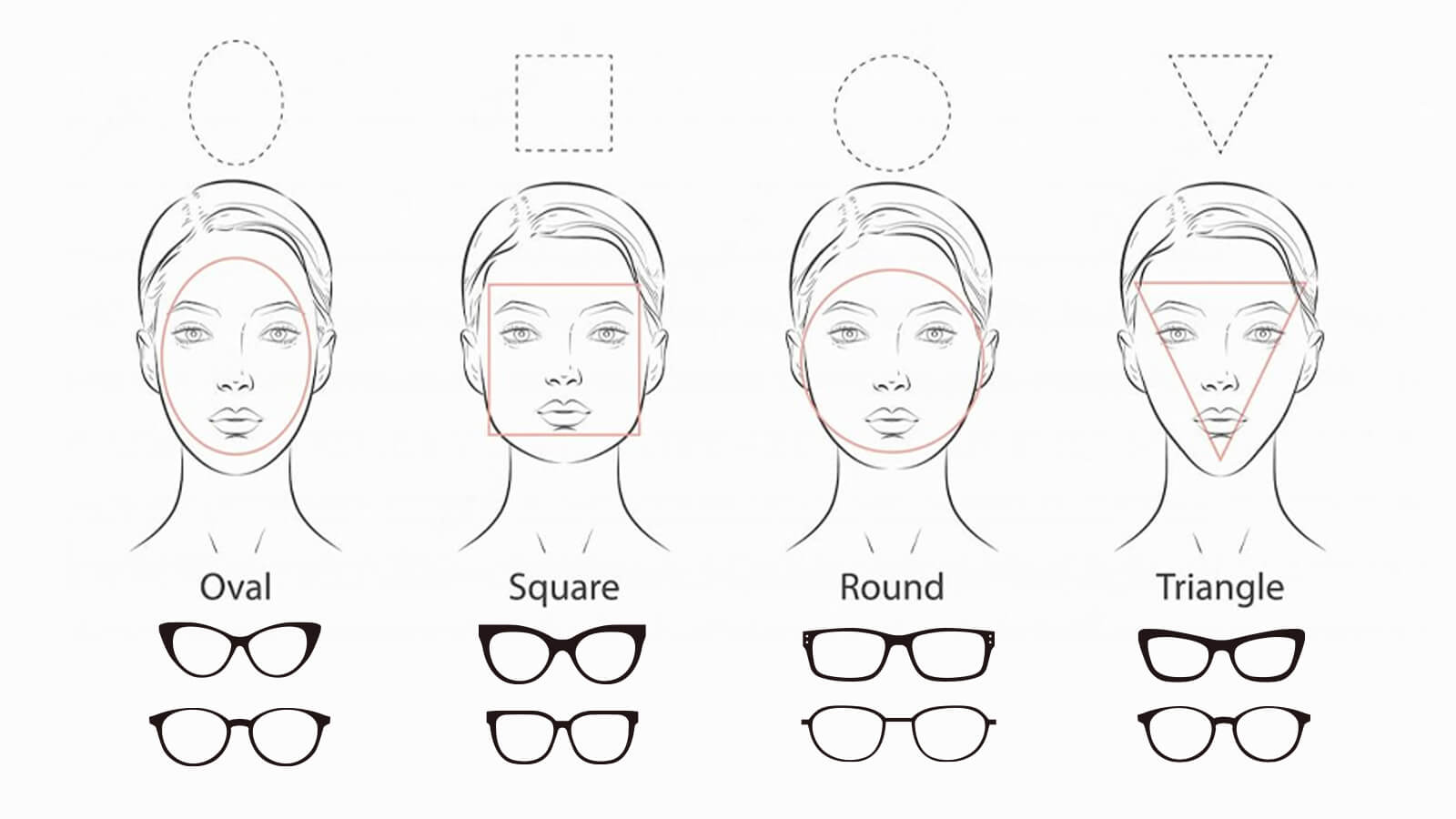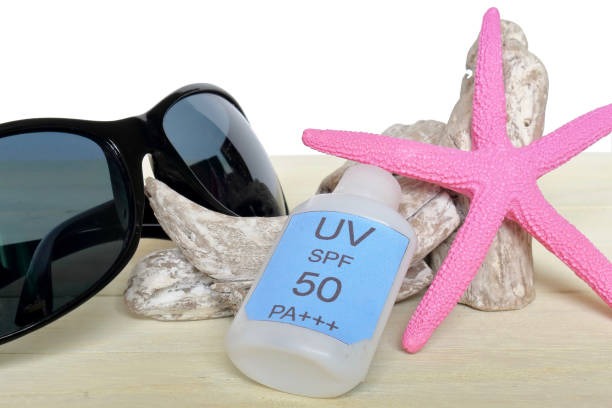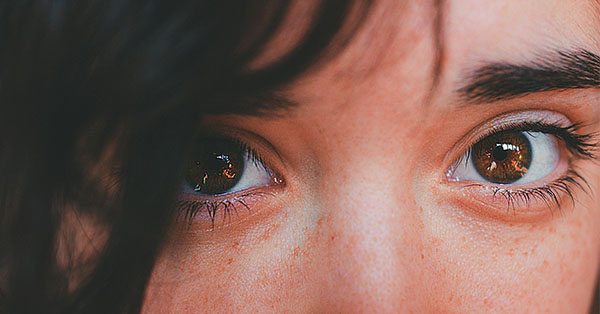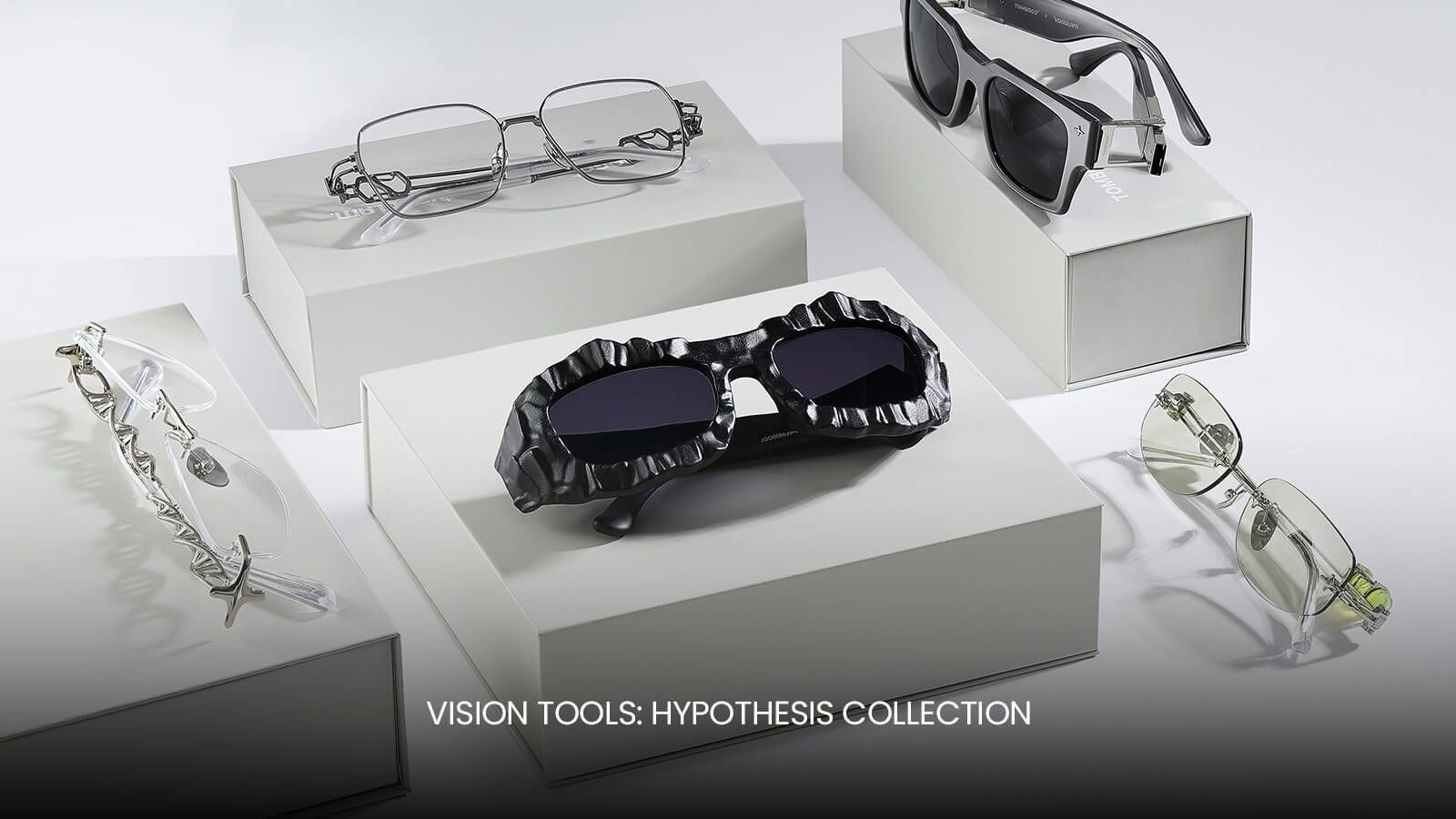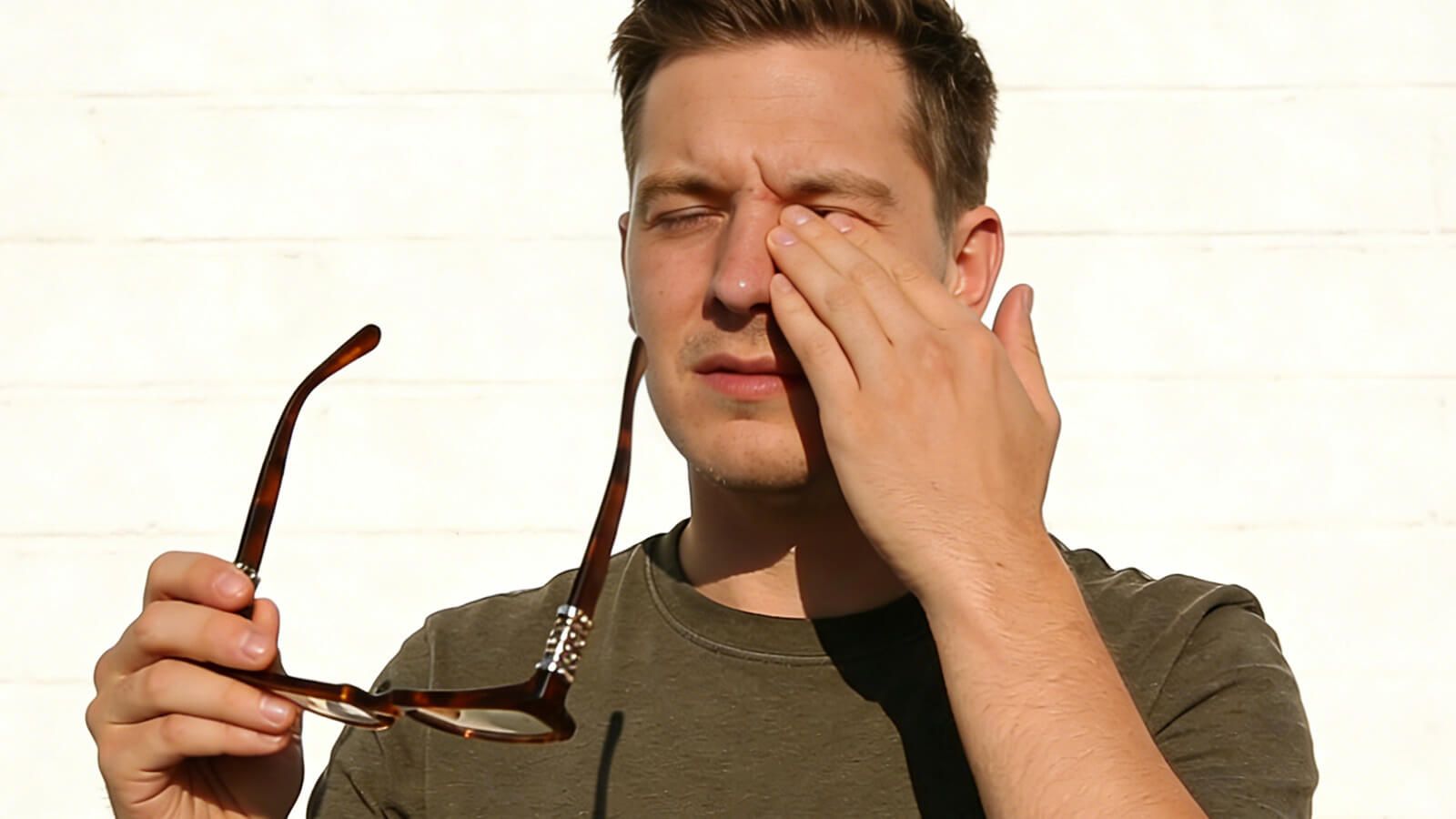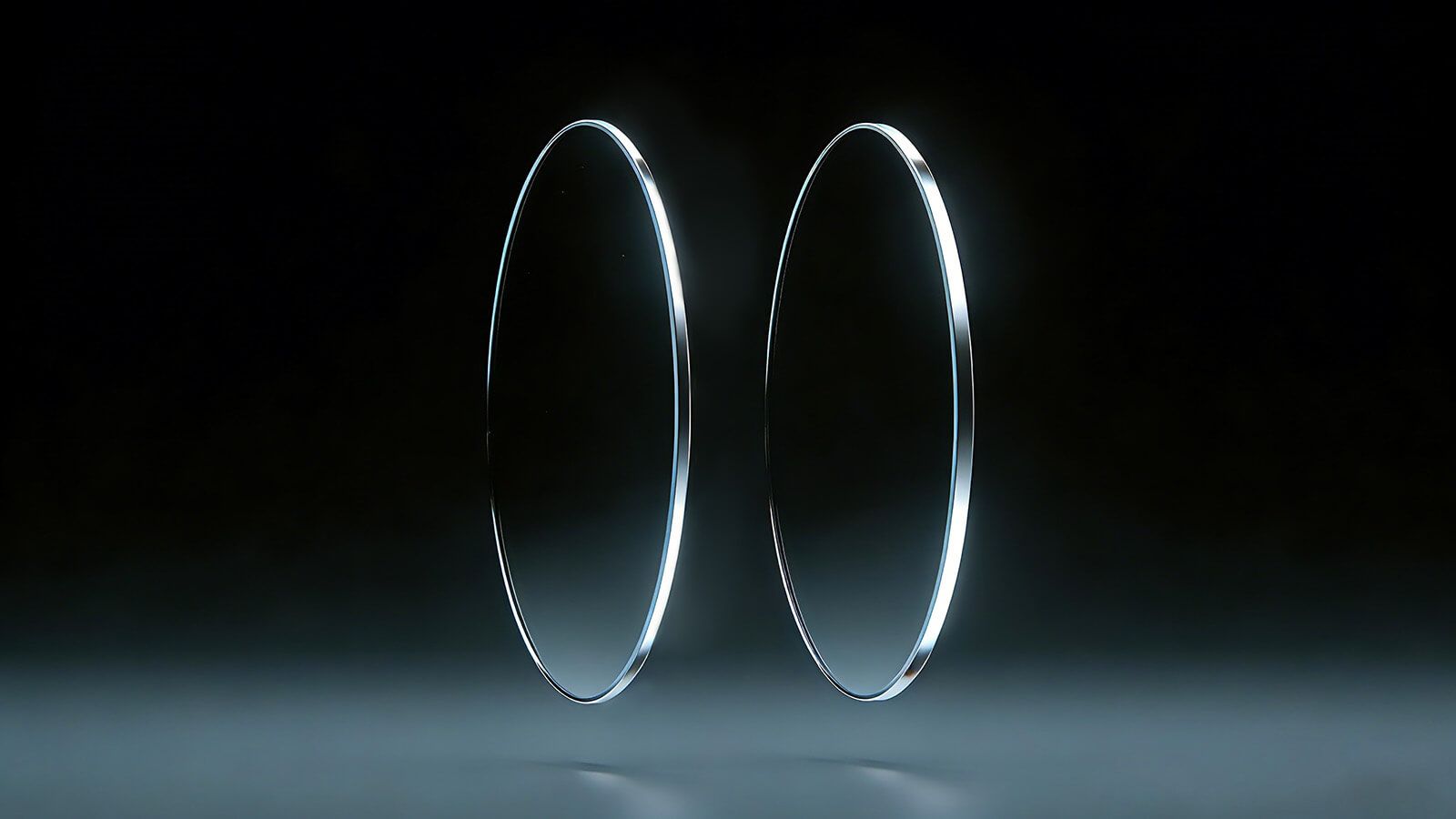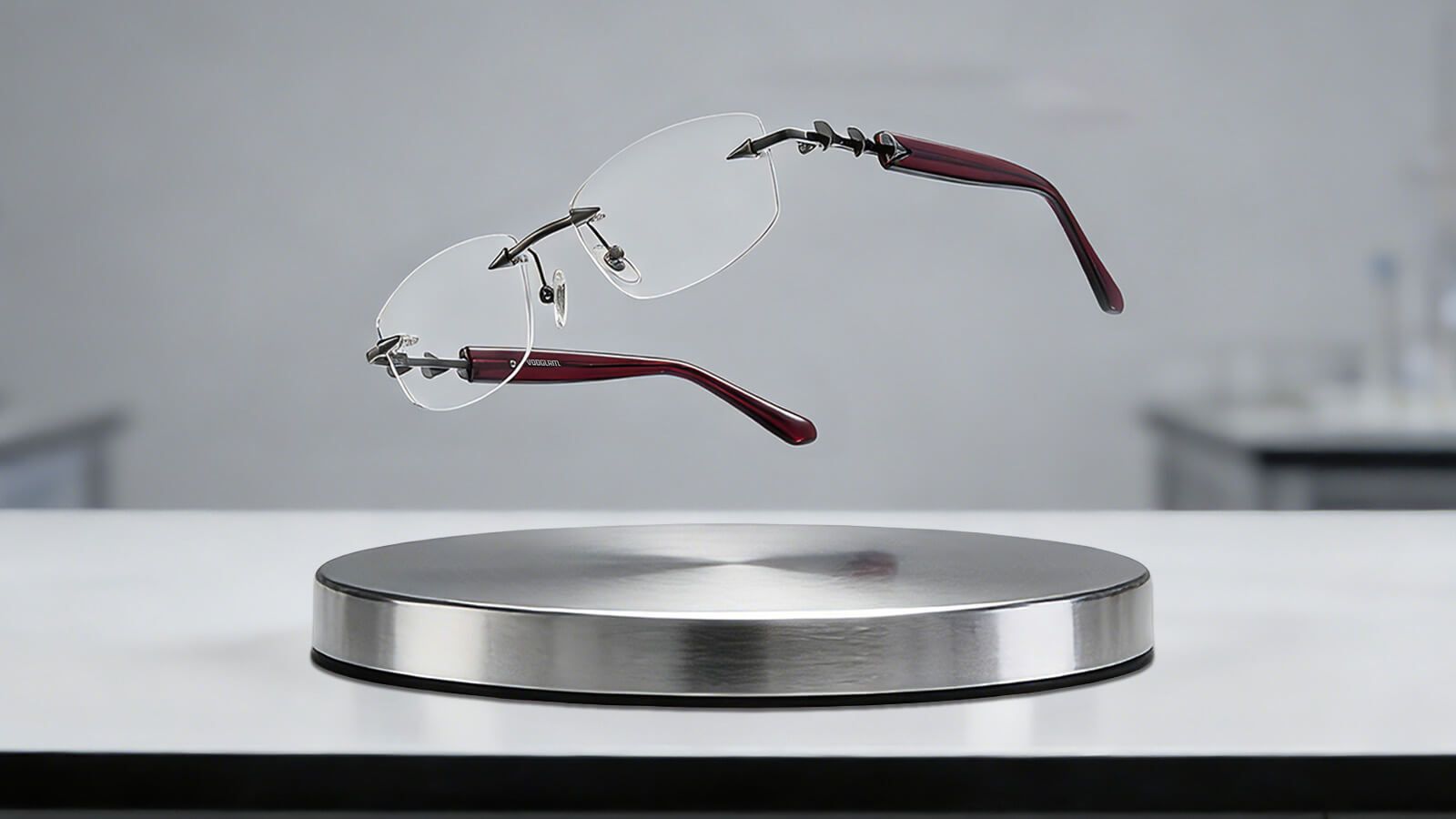
Guide to Picking Glasses That Suit Your Face Shape Perfectly
February 27,2023

What is Boho Style? A Comprehensive Guide to Boho-Chic Fashion
February 13,2025

Virtual Glasses Try On - Find Your Perfect Pair Online
April 02,2024

UV Protection Glasses VS. Blue Light Glasses - Vooglam
July 20,2023

The Ultimate Guide to Modern Trendy Men's Glasses: Top Styles for 2026
March 01,2024

Stylish Reading Glasses: Blending Fashion with Functionality
February 16,2023

Photochromic Lenses 101: How They Work & Why You Need Them
September 22,2023

Brown Eyes: The Beauty of the Most Common Hue
September 01,2024

The chubby face glasses for round face female
August 02,2023

What are prisms in eyeglasses?
March 20,2023

What Are Bifocal Glasses? The Complete Guide (Types, History & Benefits)
April 14,2023

How to Read Your Eyeglass Prescription?
March 11,2023
Understanding Pink Eye: What It Is, How to Treat It?
Pink eye—also called conjunctivitis—is something most of us have probably heard of or even experienced at some point. It’s that annoying eye condition that makes your eye look red or pink and feel irritated. But what exactly causes it, and how do you know when to worry or just treat it at home? Let’s break it down in simple terms.

What Exactly Is Pink Eye?
Pink eye happens when the conjunctiva—the thin, clear layer that covers the white part of your eye and the inside of your eyelids—gets inflamed or infected. This inflammation causes the redness and that telltale “pink” look.
There are a few main reasons why this happens:
- Viruses: Often linked to colds or respiratory infections, viral pink eye spreads easily from person to person.
- Bacteria: This type also spreads quickly but usually needs antibiotics to clear up.
- Allergies: If you’re sensitive to pollen, pet dander, or dust, your eyes might react with pink eye symptoms, but this kind isn’t contagious.
- Irritants: Things like smoke, chlorine from pools, or harsh chemicals can also cause your eyes to get red and irritated.
Knowing what’s behind your pink eye is important because it affects how you treat it. Most cases are mild and go away in a few days or weeks, but sometimes you’ll need to see a doctor.

What Does Pink Eye Feel Like?
The most obvious sign is redness in one or both eyes. You might also notice:
- A scratchy or gritty feeling, like there’s sand in your eye.
- Itching or irritation.
- Watery eyes if it’s viral or allergies.
- Thick, yellow or green discharge if it’s bacterial, which might crust over your eyelids, especially after sleeping.
- Swollen eyelids.
- Sensitivity to light.
- Sometimes blurred vision or discomfort when blinking.
If allergies are the cause, you might also have sneezing or a stuffy nose.
When Should You See a Doctor?
Usually, pink eye can be diagnosed just by looking at your eye and hearing about your symptoms. But it’s important to get medical help if you experience:
- A lot of pain or changes in your vision.
- Very red eyes or extreme sensitivity to light.
- Fever or headaches along with eye symptoms.
- Symptoms that don’t improve or keep coming back.
- If a baby or young child has pink eye, it’s best to have a doctor check it out.
Some serious eye problems can look like pink eye, so it’s better to be safe and get a professional opinion if you’re unsure.
How Do You Treat Pink Eye?
Treatment depends on what’s causing it:
- Viral pink eye: Usually clears up on its own in 1-2 weeks. You can use warm compresses to ease discomfort and keep your eyes clean. Avoid contact lenses and eye makeup until your eyes heal.
- Bacterial pink eye: Requires antibiotic eye drops or ointments from your doctor. Make sure to finish the full course even if you start feeling better.
- Allergic pink eye: Avoid the allergens if you can, and use antihistamine or anti-inflammatory eye drops as recommended by your healthcare provider.
Home care can help too—rinsing your eyes gently with clean water or saline, applying warm or cool compresses, and washing your hands often to avoid spreading the infection.
How Can You Prevent Pink Eye?
Prevention is mostly about good hygiene and being mindful of what your eyes come into contact with:
- Wash your hands regularly, especially before touching your face or eyes.
- Don’t share towels, pillows, or makeup.
- If you wear contact lenses, follow proper cleaning routines and avoid wearing them when your eyes are irritated.
- For allergy sufferers, try to reduce exposure to triggers like pollen or pet dander. Keep windows closed during high pollen times and use air purifiers if possible.
- Wear sunglasses or protective eyewear outdoors to shield your eyes from irritants like wind, dust, and pollution.
- In workplaces with chemicals or irritants, always use safety goggles.
Final Thoughts
Pink eye might be common and usually not serious, but it can be quite uncomfortable and contagious. Knowing the symptoms and causes helps you choose the right treatment and avoid spreading it to others.
Simple habits like washing hands frequently, avoiding sharing personal items, and protecting your eyes can go a long way in keeping your eyes healthy. And if your symptoms stick around or get worse, don’t hesitate to see a doctor.
Taking care of your eyes means less hassle and more comfort in your daily life. So, keep an eye out—pun intended—and act early if you notice any signs of pink eye!

Vooglam Blog
Vooglam blog shares professional knowledge about eyeglass frames, lenses, etc., and provides help when purchasing and using eyewear products. At the same time, Vooglam focuses on fashion glasses to interpret the trend of glasses for you.

Looking for Unique Eyewear? Why 2026 is the Year of Independent Eyewear Collaborations
Picture this scenario. You are at a gallery opening in downtown Brooklyn, sipping a slightly overpriced drink. You glance around the room and notice a sea of identical gold logos stamped on the sides
February 27,2026
Why Heavy Glasses Feel Worse in Winter — and How Ultra-Light Frames Help
There is a specific feeling we all know but rarely talk about. It’s mid-February. You’ve just stepped inside from the biting cold, unwrapping a scarf that got tangled with your ear stems. Your lenses
February 25,2026
High-Index Lenses 1.67 vs 1.74: Which Is Right for Ultra-Light and Rimless Glasses?
You’ve finally found it: the perfect frame. It’s a whisper-thin titanium wire or a sleek, rimless design from Vooglam’s Ultra-Light collection. It promises the "zero-gravity" look—barely there, sophis
February 25,2026
Ultra-Lightweight Glasses: What They Are, Why They Matter, and Who Should Wear Them
We all know the feeling. It’s 5:00 PM, you are wrapping up a long day of focus, and you take off your glasses. There is that immediate, almost physical sigh of relief, followed by the sight of two red
February 13,2026
















